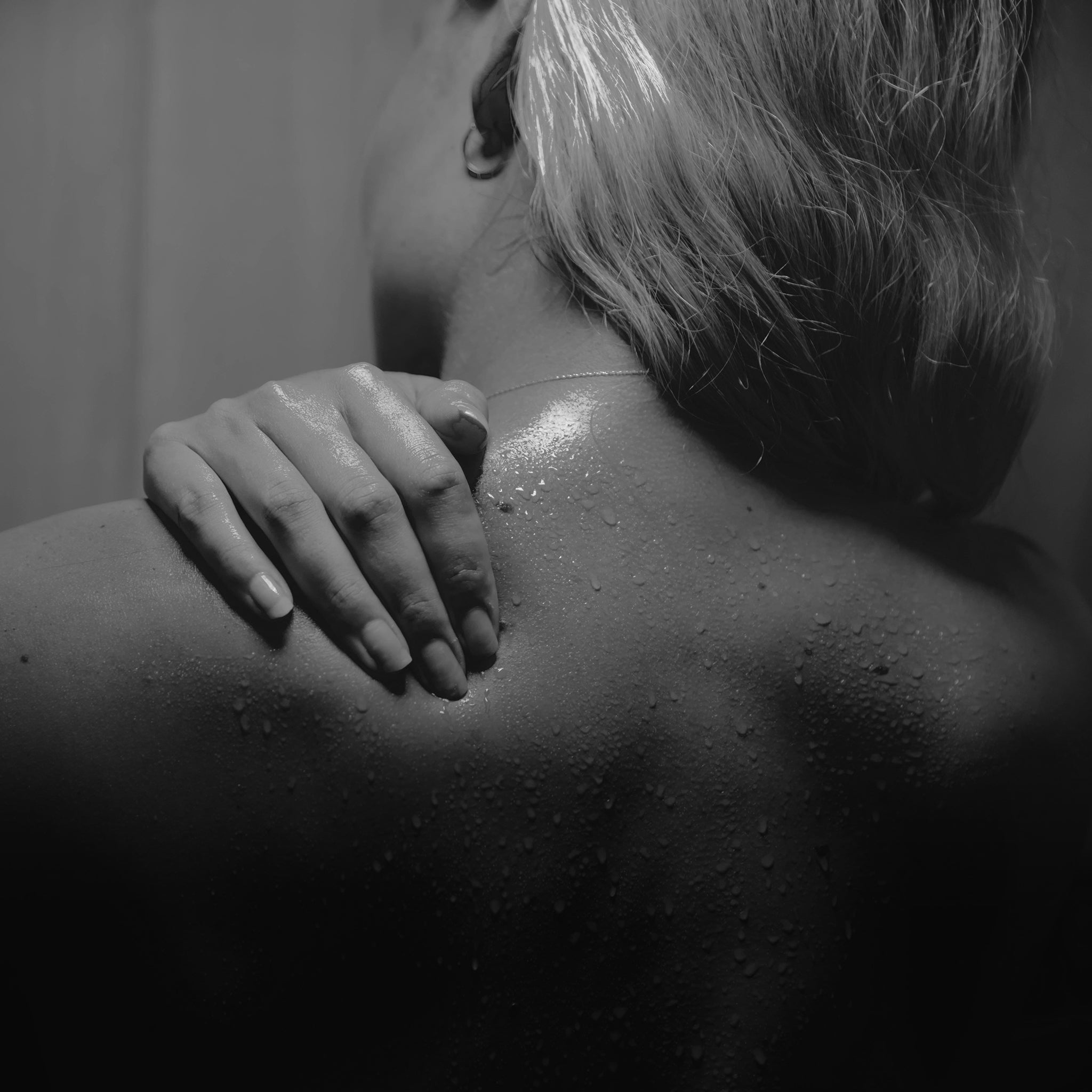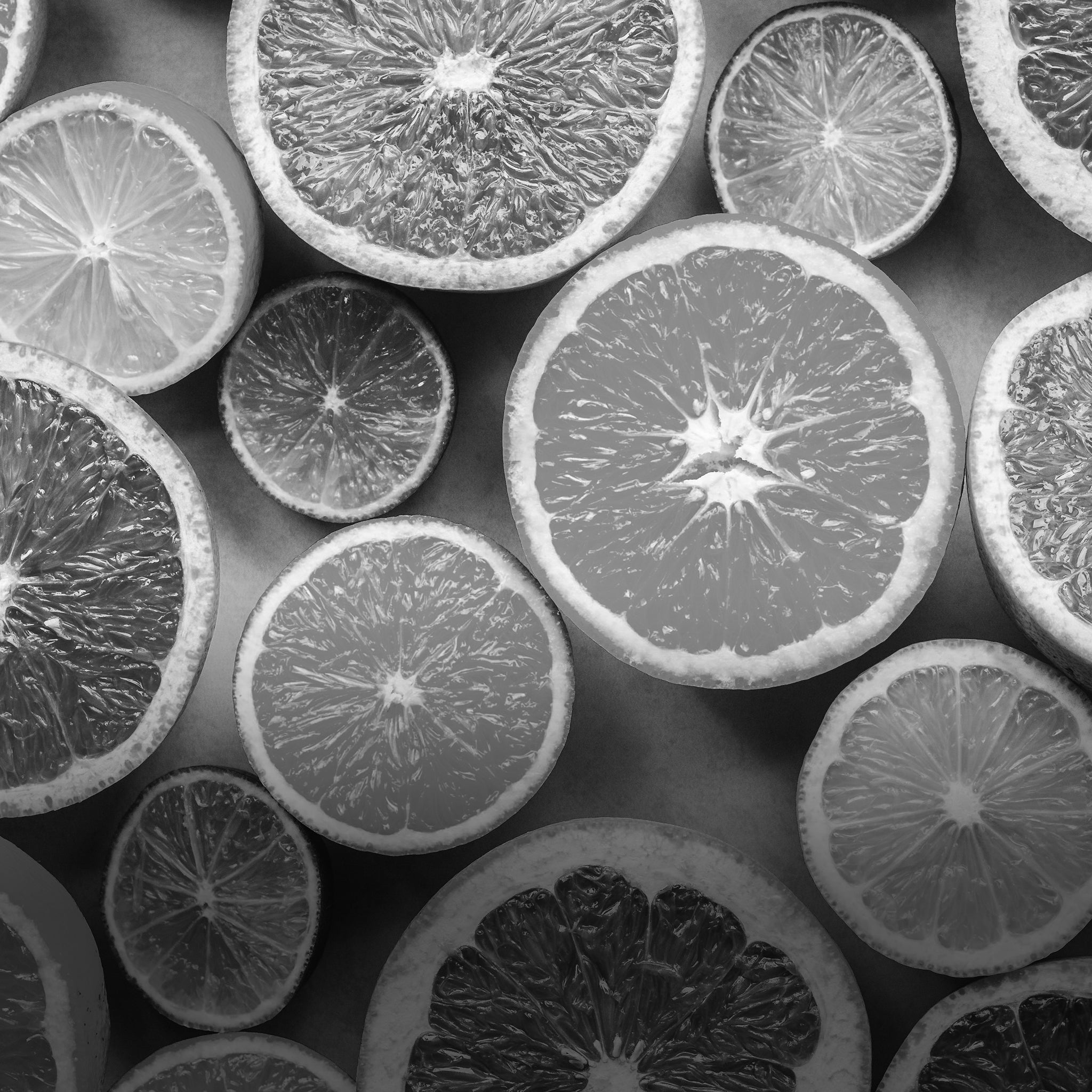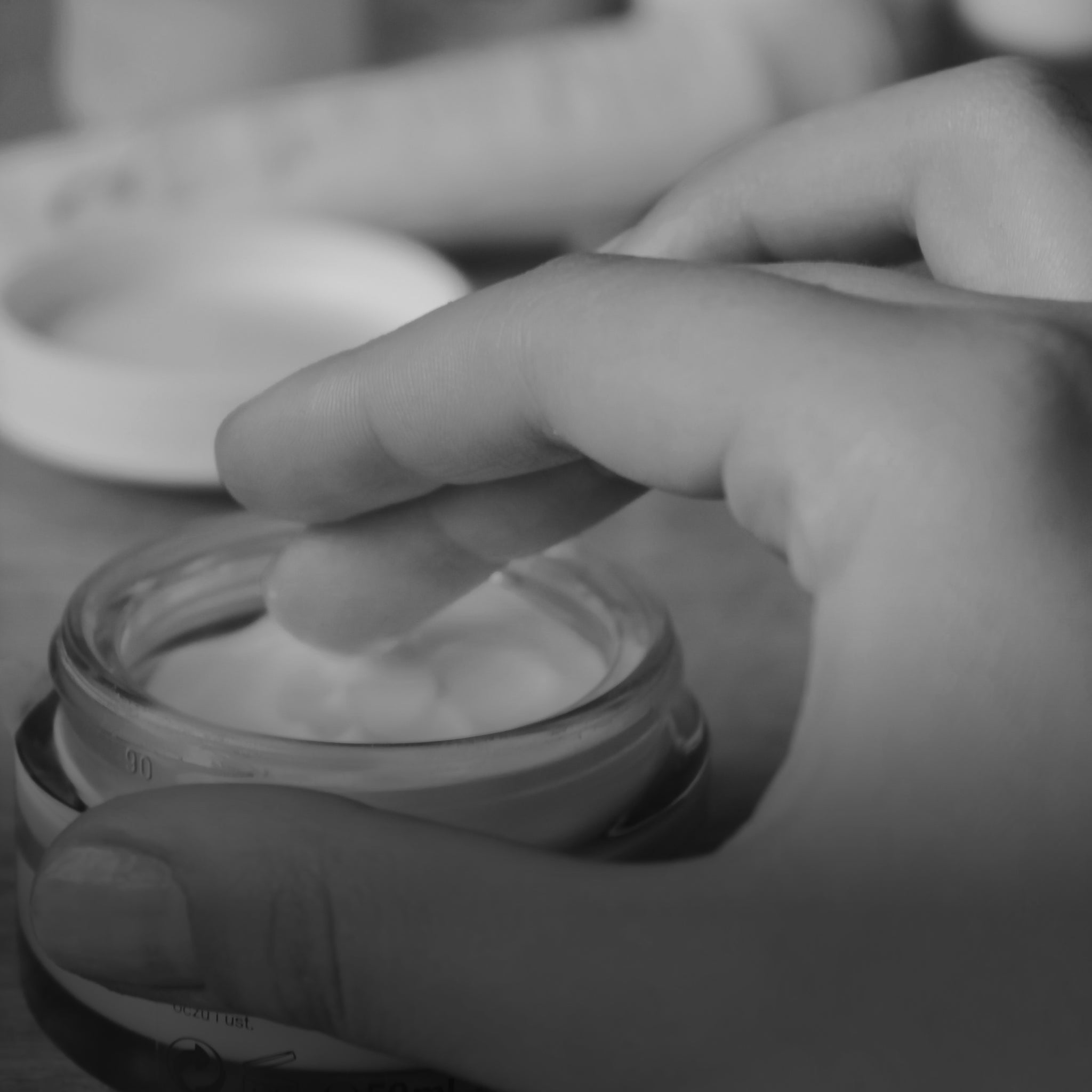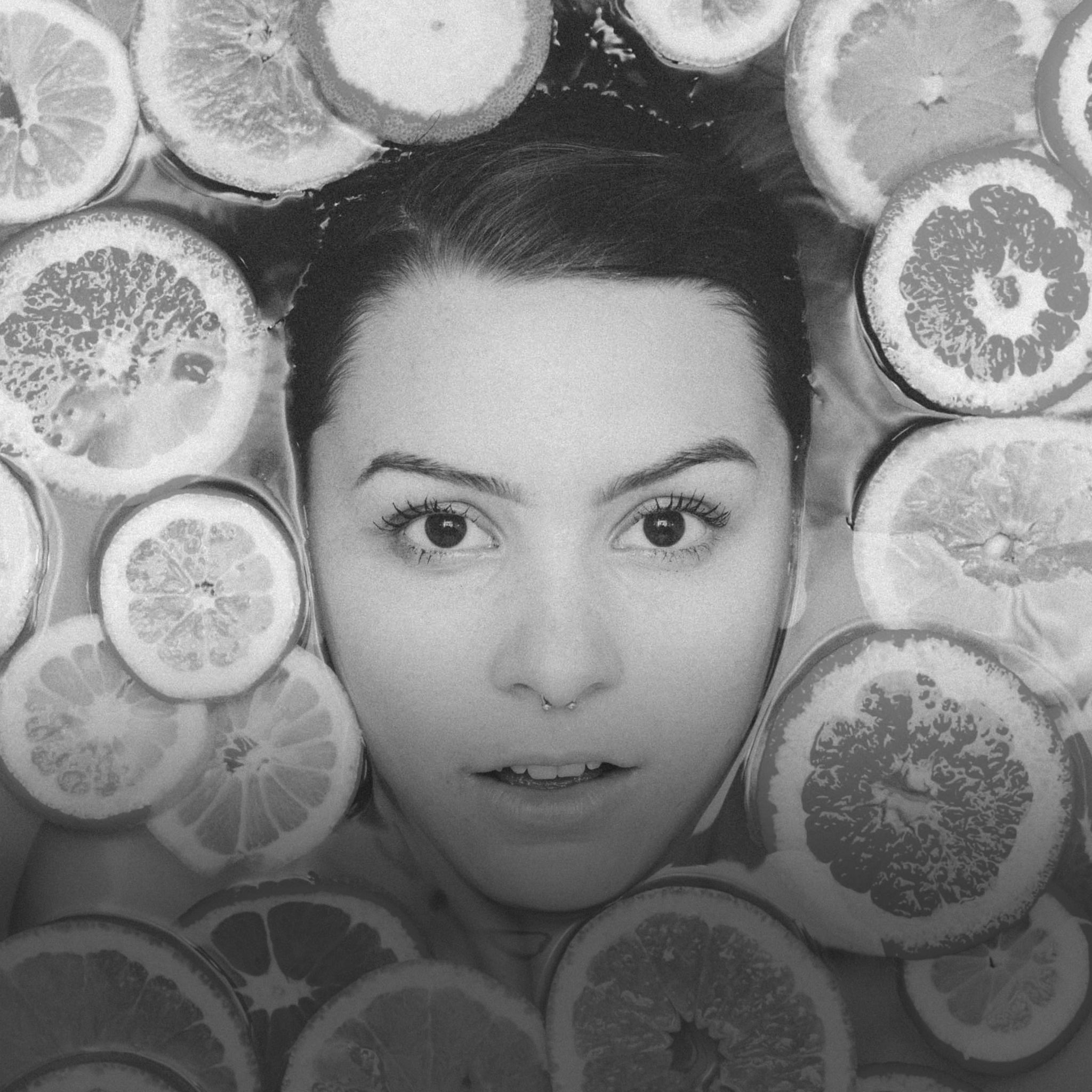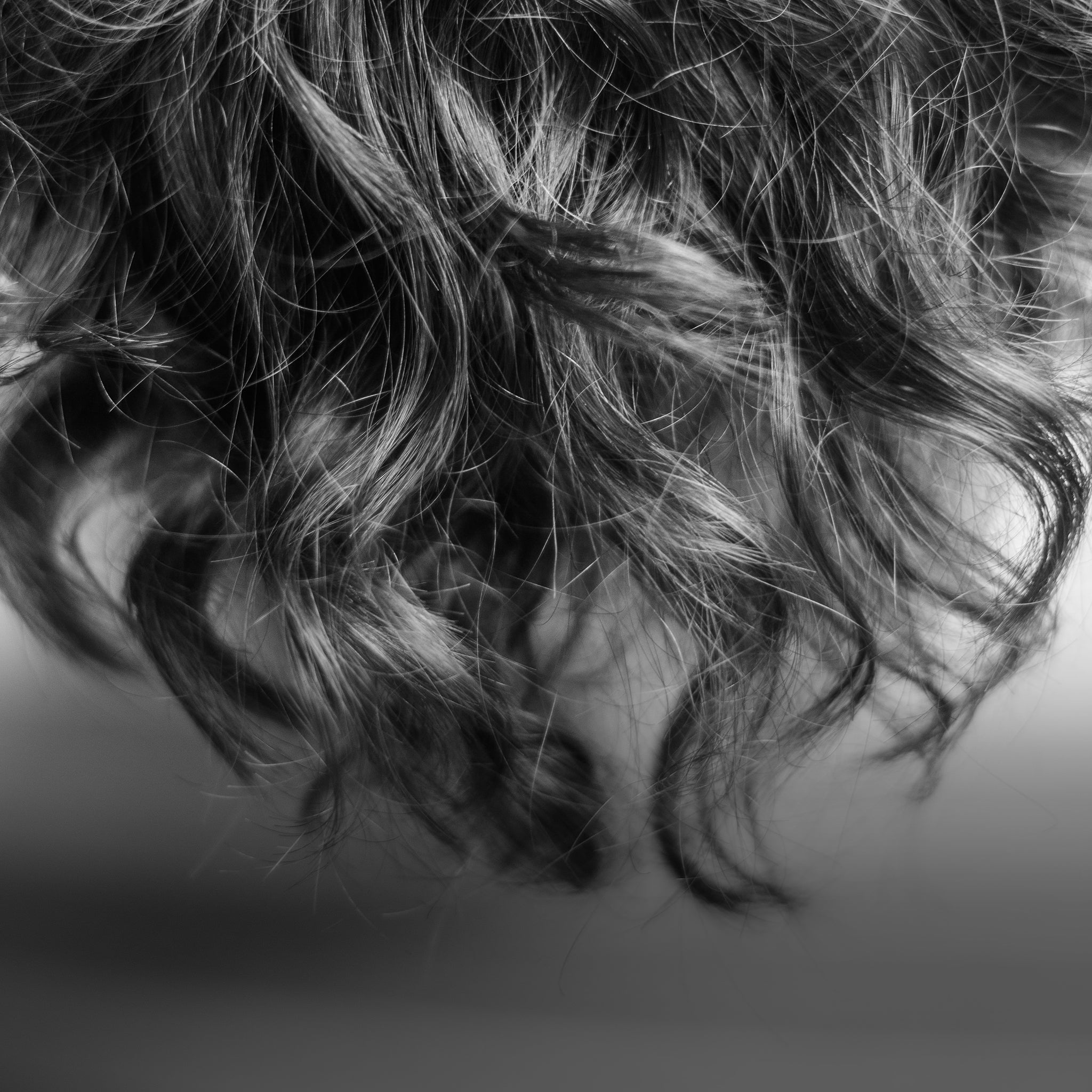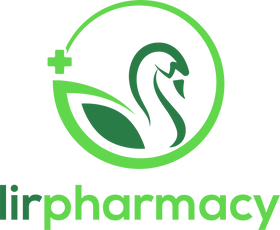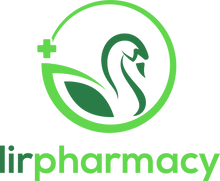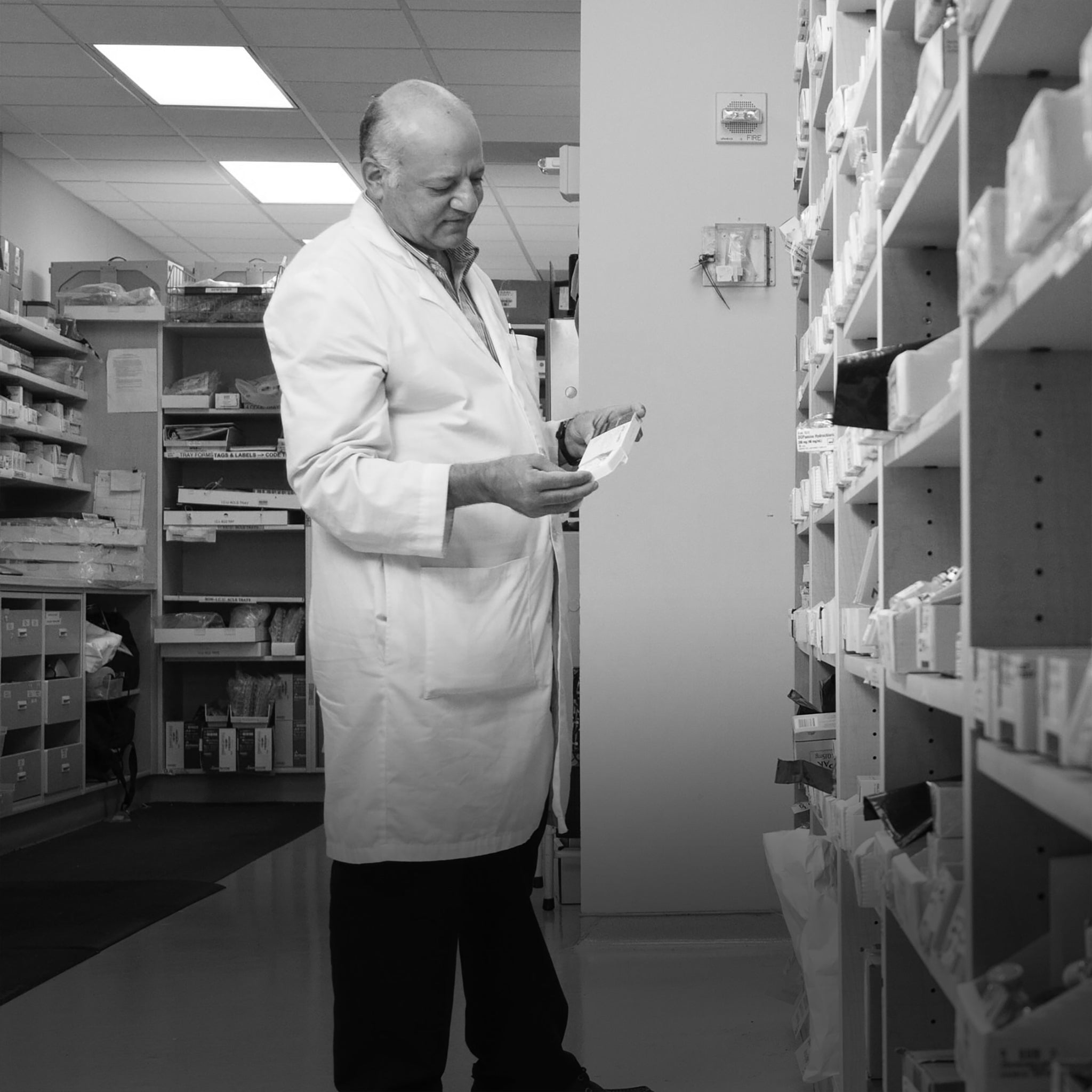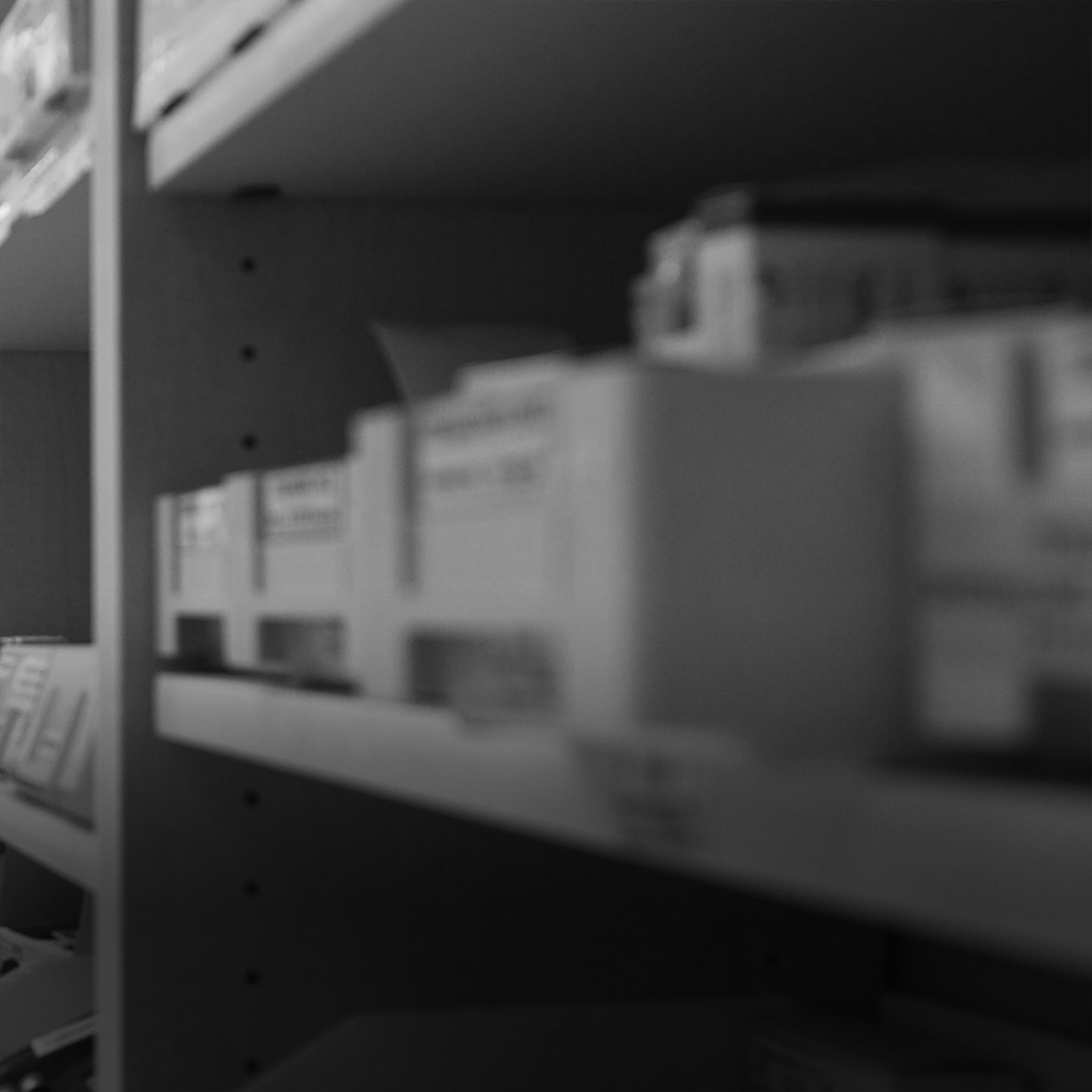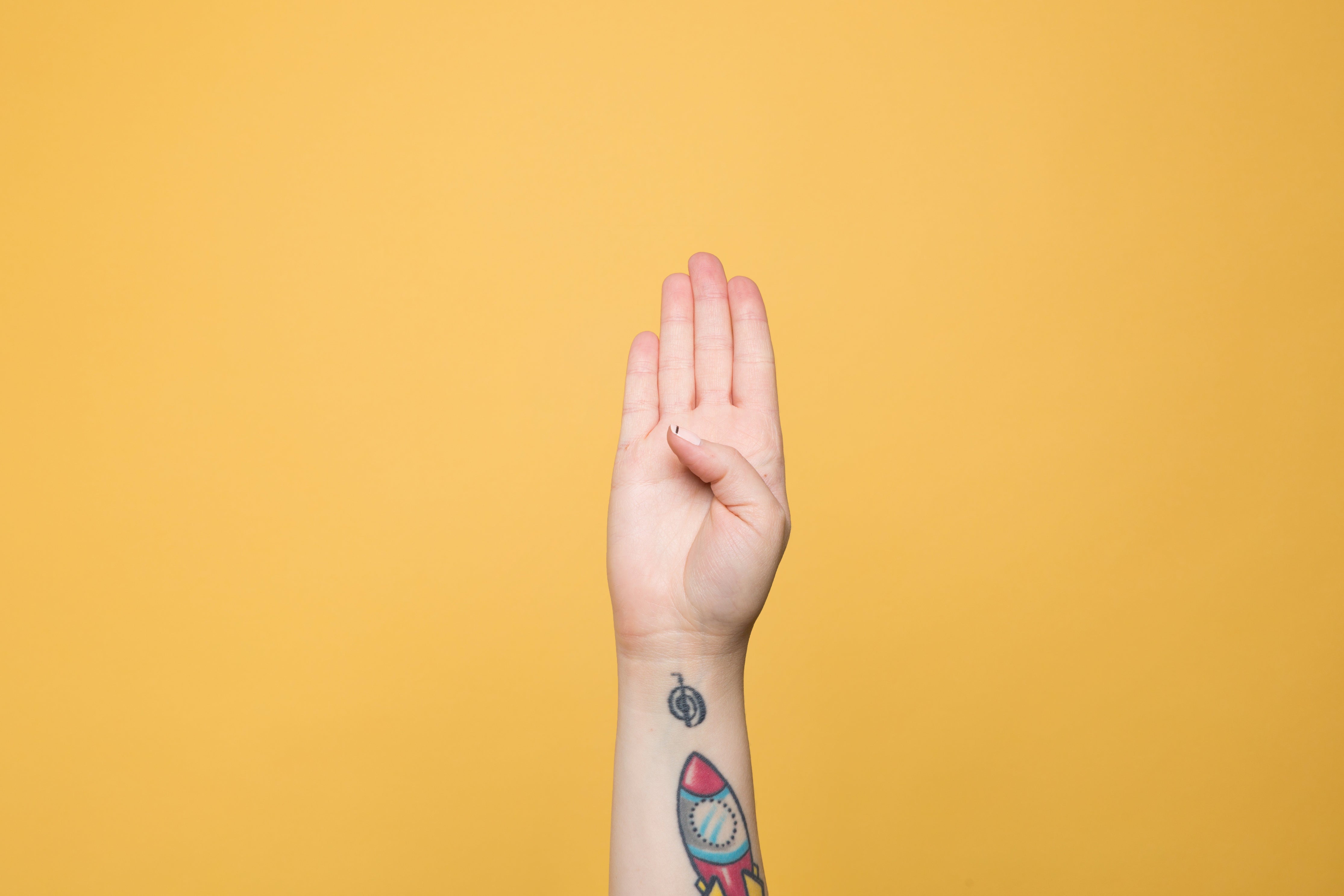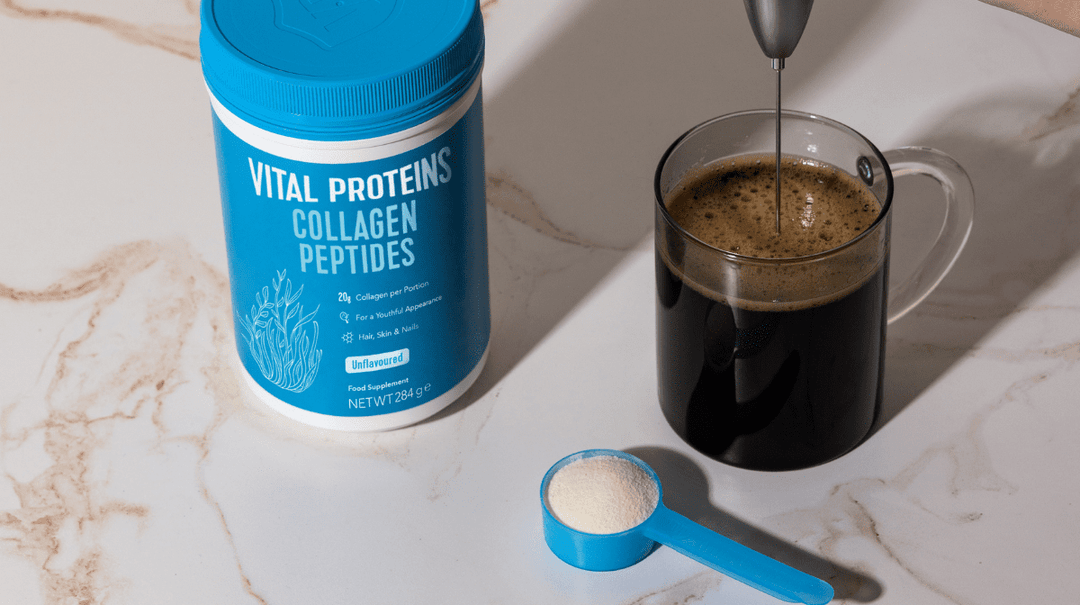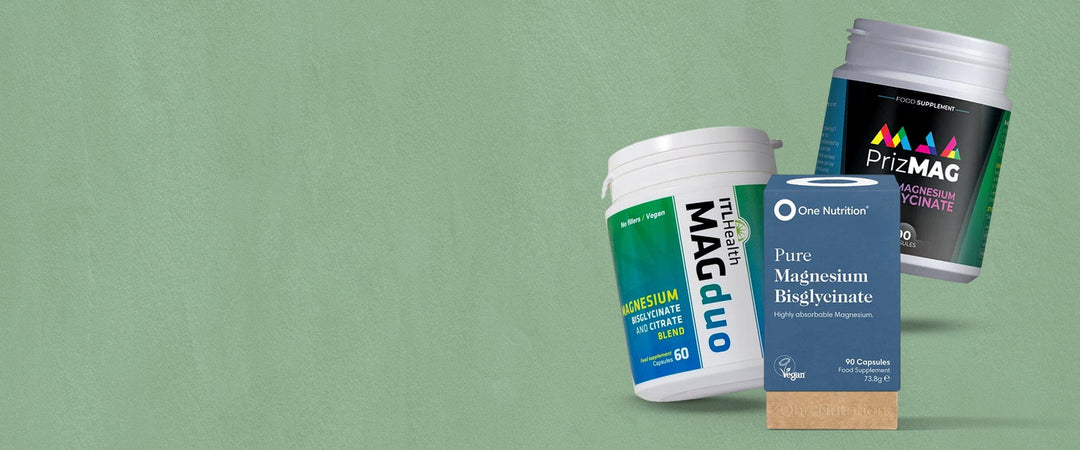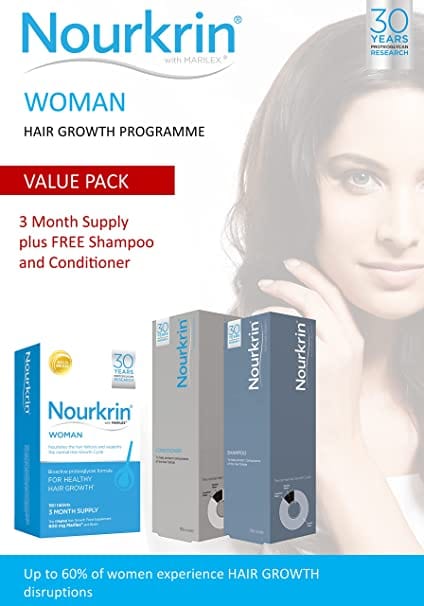The Best Hydrating Skincare Products for Glowing Skin All Year Round
No matter the season, hydration is the foundation of healthy, glowing skin. Whether you're facing winter dryness or summer sun exposure, keeping your skin moisturized and plump is the key to maintaining a radiant complexion. The good news? You don’t have to overhaul your entire skincare routine to get there—just incorporate a few skincare products that deliver deep, long-lasting hydration.

Here’s a roundup of the best hydrating skincare products that can keep your skin glowing all year long:
1. Hyaluronic Acid Serum: The Hydration Hero
Try: The Ordinary Hyaluronic Acid 2% + B5
Hyaluronic acid is a game-changer when it comes to hydration. It draws water into the skin and locks it in, leaving your complexion looking dewy and fresh. This budget-friendly serum from The Ordinary combines key ingredients like hyaluronic acid with vitamin B5 to help improve surface hydration and smooth the skin’s texture.
Tip: Apply to damp skin and seal it in with a moisturizer for maximum hydration.
2. Rich Moisturizer for Dry Skin
Try: CeraVe Moisturizing Cream
This cruelty free dermatologist-recommended cream is packed with ceramides and hyaluronic acid to help restore the skin barrier and retain moisture. It’s especially effective during colder months when skin tends to lose hydration more quickly.
Why we love it: It’s fragrance-free, non-comedogenic, and suitable for sensitive skin.

3. Lightweight Gel Cream for Oily or Combo Skin
Try: Neutrogena Hydro Boost Water Gel
If your skin less oily or combination, a heavy cream can feel too rich. Enter: water-based gel creams. Neutrogena’s Hydro Boost is a cult favorite for a reason—it’s light, refreshing, and infused with hyaluronic acid to keep skin bouncy without the weight.
4. Hydrating Toner or Essence
Try: Laneige Cream Skin Toner & Moisturizer
This multitasking product combines the benefits of a toner and moisturizer in one milky formula. It’s a great first step after cleansing, prepping the skin to absorb the rest of your routine while delivering a comforting dose of moisture to enhance hydration levels .
5. Overnight Mask for Intense Hydration
Try: Glow Recipe Watermelon Glow Sleeping Mask
For a serious moisture boost, overnight masks are your best friend. This cult-favorite mask hydrates and gently exfoliates with AHAs, so you wake up with plumper, more luminous skin. Plus, the scent is a tropical treat.
6. Hydrating Facial Mist
Try: Herbivore Rose Hibiscus Hydrating Face Mist
Facial mists can be underrated—but they’re a great way to refresh and rehydrate your skin throughout the day. Keep one at your desk or in your bag to give your face a midday glow boost.
7. Hydrating Eye Cream
Try: Kiehl’s Creamy Eye Treatment with Avocado
The delicate eye area needs just as much hydration—if not more—than the rest of your face. This creamy treatment from Kiehl’s nourishes and brightens without irritating sensitive skin.
Understanding Skin Types
-
Dry skin lacks oil production and struggles to retain moisture, making it essential to use intense moisture and nourishing moisturiser.
-
Dehydrated skin, on the other hand, lacks water and needs extra moisture to maintain hydration levels.
-
Sensitive skin requires gentle and fragrance-free products to avoid irritation.
-
Acne prone skin needs products that are non-comedogenic and oil-free to prevent clogged pores.
-
Combination skin requires a balanced skincare routine that addresses both dry and oily areas.
Key Ingredients for Hydrating Skincare
-
Hyaluronic acid is a powerful hydrating ingredient that can hold up to 1000 times its weight in water, making it ideal for dry skin and dehydrated skin.
-
Glycerin helps to retain moisture and support the skin barrier, reducing the appearance of fine lines and wrinkles.
-
Ceramides are essential for repairing and restoring the skin barrier, especially for dry skin and sensitive skin.
-
Vitamin E is an antioxidant that helps to protect the skin from damage and promote healthy skin.
-
Shea butter is a natural emollient that provides long-lasting hydration and nourishment to the skin.
Eye Care and Hydration
-
The skin around the eyes is delicate and requires special care, making it essential to use a gentle eye treatment.
-
Dark circles and puffiness can be reduced with the help of caffeine and other hydrating ingredients.
-
Fine lines and wrinkles can be smoothed out with the use of hydrating eye creams and serums.
-
Eye masks and patches can provide an intense dose of hydration and nourishment to the under-eye area.
-
Look for eye care products that are fragrance-free and hypoallergenic to avoid irritation.
Body Hydration and Moisturizing
-
Body hydration is just as important as facial hydration, especially for dry skin and dehydrated skin.
-
Using a nourishing moisturiser and body lotion can help to lock in moisture and support the skin barrier.
-
Exfoliating regularly can help to remove dead skin cells and improve skin texture, making it essential to use a gentle exfoliant.
-
Look for body products that contain hydrating ingredients like hyaluronic acid and glycerin.
-
Apply body moisturiser immediately after showering to help retain moisture and reduce dryness.
Skincare Routine Tips
-
Establishing a consistent skincare routine is essential for maintaining healthy and glowing skin.
-
Use a gentle cleanser and moisturiser that are suitable for your skin type.
-
Exfoliate regularly to remove dead skin cells and improve skin texture.
-
Apply sunscreen daily to protect the skin from damage and promote healthy skin.
-
Stay hydrated by drinking plenty of water to help reduce moisture loss and improve skin tone.
Dehydrated Skin
Dehydrated skin is a skin condition, not a skin type, and it means your skin lacks water, not oil. Even oily skin can be dehydrated. It’s often confused with dry skin, but they’re different: dry skin lacks oil (sebum), while dehydrated skin lacks moisture.
What Causes Dehydrated Skin?
-
Weather extremes (cold, wind, or sun)
-
Air conditioning or indoor heating
-
Over-exfoliating or using harsh cleansers
-
Not drinking enough water
-
Caffeine, alcohol, or smoking
-
Skipping moisturizer or using the wrong one
What Causes Dark Circles?
Dark circles can be caused by several factors, often overlapping:
1. Genetics
Some people naturally have thinner under-eye skin or more pigment in that area, making circles more prominent.
2. Lack of Sleep
Fatigue can cause skin to appear paler, making underlying blood vessels more visible.
3. Allergies or Sinus Congestion
These can cause blood to pool under the eyes and lead to puffiness and discoloration.
4. Dehydration
Lack of water can make skin look dull and eyes sunken, exaggerating shadows.
5. Age
As skin thins with age and collagen decreases, veins and dark tissue under the eyes become more visible.
6. Sun Exposure
This can increase melanin production and darken pigmentation under the eyes.
What Does “Intense Moisture” Mean?
Hydration adds water to the skin.
Moisture (especially intense moisture) adds nourishment and helps lock in that hydration by repairing the skin’s barrier and preventing transepidermal water loss.
Best Ingredients for Intense Moisture
Look for these powerhouse ingredients:
-
Ceramides: Rebuild the skin barrier and prevent moisture loss
-
Shea Butter: Rich, emollient, and deeply nourishing
-
Squalane: Lightweight oil that mimics natural skin lipids
-
Glycerin: A humectant that draws water deep into the skin
-
Urea: Hydrates and gently exfoliates dry, flaky areas
-
Fatty Acids: Found in oils like jojoba, marula, and avocado for barrier repair
What Is Deep Hydration?
While a basic moisturizer might hydrate the outermost layer of skin, deep hydration involves using ingredients and products that:
-
Penetrate the skin’s deeper layers
-
Bind and retain water within the skin
-
Strengthen the skin barrier to prevent water loss
Ingredients That Deliver Deep Hydration
Look for these when choosing skincare:
-
Hyaluronic Acid (especially low molecular weight): Penetrates deeper into the skin to attract water
-
Glycerin: A powerful humectant that draws moisture from the air and into the skin
-
Panthenol (Vitamin B5): Soothes, hydrates, and improves skin’s moisture-retention capacity
-
Aloe Vera: Deeply soothing and hydrating for inflamed or sensitive skin
-
Beta-Glucan: Calms and deeply moisturizes while enhancing skin repair
-
Urea: Delivers hydration and mildly exfoliates dead skin to improve absorption
Fine Lines
Fine lines are one of the earliest signs of skin aging and typically appear as subtle creases around the eyes, mouth, or forehead. While they're completely natural, many people want to reduce their appearance or prevent them from deepening into wrinkles.
What Causes Fine Lines?
Fine lines develop when the skin loses collagen, elastin, and moisture. Common triggers include:
-
Aging: Natural collagen and cell turnover slows down with age.
-
Sun exposure: UV rays break down collagen and elastin.
-
Dehydration: Lack of moisture can make fine lines more visible.
-
Facial expressions: Repeated movements (smiling, frowning) form lines over time.
-
Poor skincare habits: Skipping sunscreen, harsh products, or not moisturizing enough.
-
Lifestyle factors: Smoking, stress, poor sleep, and diet also accelerate skin aging.
Types of Eye Treatments & What They Do
1. Eye Creams
Rich and hydrating—great for dryness, fine lines, and barrier repair.
-
Best For: Aging, dry skin
-
Example: Kiehl’s Creamy Eye Treatment with Avocado
2. Eye Serums
Lightweight and fast-absorbing—perfect for layering or targeting puffiness and dark circles.
-
Best For: Brightening, firming
-
Example: The INKEY List Caffeine Eye Serum
3. Eye Gels
Cooling and refreshing—ideal for tired or puffy eyes in the morning.
-
Best For: Puffiness, fatigue
-
Example: Peter Thomas Roth Cucumber De-Tox Gel Patches
4. Eye Masks & Patches
Quick-boost treatments that hydrate, depuff, and refresh.
-
Best For: Special occasions or post-travel
-
Example: Wander Beauty Baggage Claim Eye Masks
Dark Spots
Dark spots—also known as hyperpigmentation—are patches of skin that appear darker than the surrounding area. They're common, harmless, and usually a result of sun exposure, inflammation, or hormonal changes. While they don’t pose a medical risk, many people seek to fade them for a more even skin tone.
What Causes Dark Spots?
1. Sun Exposure (UV Damage)
The #1 culprit—UV rays trigger excess melanin production.
2. Post-Inflammatory Hyperpigmentation (PIH)
Leftover pigmentation from acne, eczema, or injury to the skin.
3. Melasma
Hormonal pigmentation is often caused by pregnancy, birth control, or sun.
4. Aging (Liver Spots)
Often seen in mature skin from years of sun exposure.
Skin Benefits of Staying Hydrated
-
May reduce puffiness and dryness
-
Helps maintain skin elasticity
-
May improve healing of breakouts or irritation
-
Can make skin appear more “plump” or glowy when combined with topical hydration
What Causes Dry Areas?
1. Weather
Cold, dry air (especially in winter) can strip moisture from your skin, leaving it parched and flaky.
2. Over-exfoliation
While exfoliation is great for removing dead skin, overdoing it can damage the skin barrier, leading to dryness and irritation.
3. Harsh Skincare
Using products with alcohol, sulfates, or harsh acids can dry out certain areas of your skin, especially the face and hands.
4. Skin Conditions
Conditions like eczema, psoriasis, or seborrheic dermatitis can lead to chronic dryness in specific areas.
5. Dehydration
If your body isn’t hydrated enough, your skin will naturally suffer. Dryness is a common sign of insufficient water intake, leaving your skin feeling unhealthy .
Final Thoughts: Keep That Glow Going
Glowing skin isn’t just a summer goal—it’s a year-round commitment. Whether your skin is dry, oily, or somewhere in between, the key is consistent hydration using the right ingredients to maintain radiant skin . Look for products with hyaluronic acid, glycerin, ceramides, and natural oils to replenish your moisture barrier and keep your skin supple through all seasons.
FAQs
1. How often should I use hydrating products in my skincare routine?
Hydration should be part of your daily routine—ideally both morning and night. Use a hydrating serum or toner after cleansing, followed by a moisturizer to lock in moisture. You can also incorporate a hydrating mask 1–2 times per week for an added boost.
2. Can oily or acne-prone skin benefit from hydrating products?
Yes! In fact, dehydration can trigger excess oil production. Using lightweight, non-comedogenic hydrating products like gel moisturizers or hyaluronic acid serums helps balance the skin and reduce breakouts.
3. What ingredients should I look for in a hydrating product?
Look for humectants (like hyaluronic acid and glycerin), emollients (like squalane and jojoba oil), and occlusives (like ceramides and shea butter). These ingredients work together to attract, nourish, and seal in moisture.
4. Do I still need moisturizer if I use a hydrating serum?
Yes. A serum delivers hydration deeper into the skin, but a moisturizer helps seal it in and protect the skin barrier. Skipping moisturizer can cause the hydration to evaporate, especially in dry or windy climates.
5. Are there seasonal changes I should make to my hydrating routine?
Absolutely. In winter, opt for richer creams and more occlusive products to combat dryness. In summer, switch to lightweight gels or water-based formulas or a moisturiser to keep your skin hydrated without feeling heavy.
